Popular K-Drama Hits That Almost Didn't Air
- byTolulope Ayileka
- 1 year ago
- 0 Comments
- 6mins
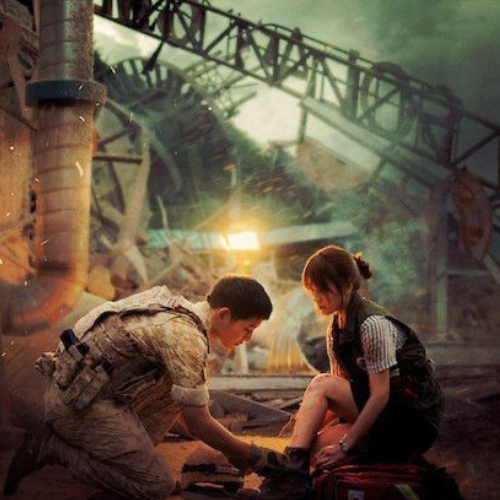
Annyeong Chingus
The world of K-dramas is a scary roller coaster of emotions and suspense, not just for the viewers but for the creators and writers as well. You are probably thinking “this isn’t possible, the script is great,” but most times, it goes beyond just having a great story.
Some of the most iconic dramas almost didn’t make it to screen due to funds, protests, production issues, and a lack of faith from networks and production houses.
Here's a look at some series that almost got shelved but ended up becoming unforgettable in the k-drama media
Snow Drop

Released in 2021, Snowdrop was already making waves before the official release of the series, not because of its star-studded cast and being Blackpink’s Jisoo debut play but because of its several allegations of historical distortions by netizens and locals.
The plot of the drama was set in 1987, during a mass protest movement that birthed democracy in South Korea. However, because the main lead was a North Korean spy who fell in love during his spy mission in the South, several people raised concerns about the drama bringing up false rumors about the real pro-democracy activists and promoting sympathy for the North.
This led to a series of protests calling for the cancellation of the series which included a truck bearing protest signs parked in front of JTBC building and an online petition to the Blue House of 226,078 people with the same demands. However, it was canceled on the basis of freedom of expression, and it became one of the biggest hits of 2021.
Kingdom
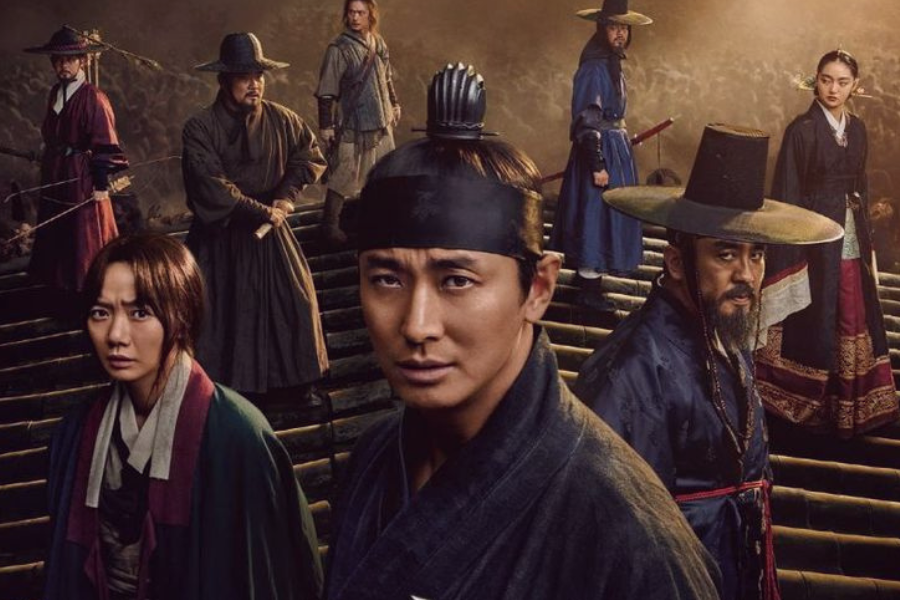
This internationally acclaimed historical zombie drama was the first Netflix original Korean series and got a lot of attention because of its unique storyline, genre, as well as the obvious “zombie genre”. Let’s be honest, South Korea makes the best zombie movies.
These two seasons and special episodes-million-dollar series almost didn’t make it because of its ambitious concept and massive production budget, but Netflix took the gamble, and the series became a global sensation. Apparently, production of the series spent over the budget by about $1.78 million per episode, and this led to both seasons being shortened into six episodes instead of the original six.
The set also experienced a number of bizarre accidents, including a fire burning most of the set. Despite the bad luck, delay, and cancellation threats, Kingdom definitely made its footprint in Korean movie history.
Mr Sunshine
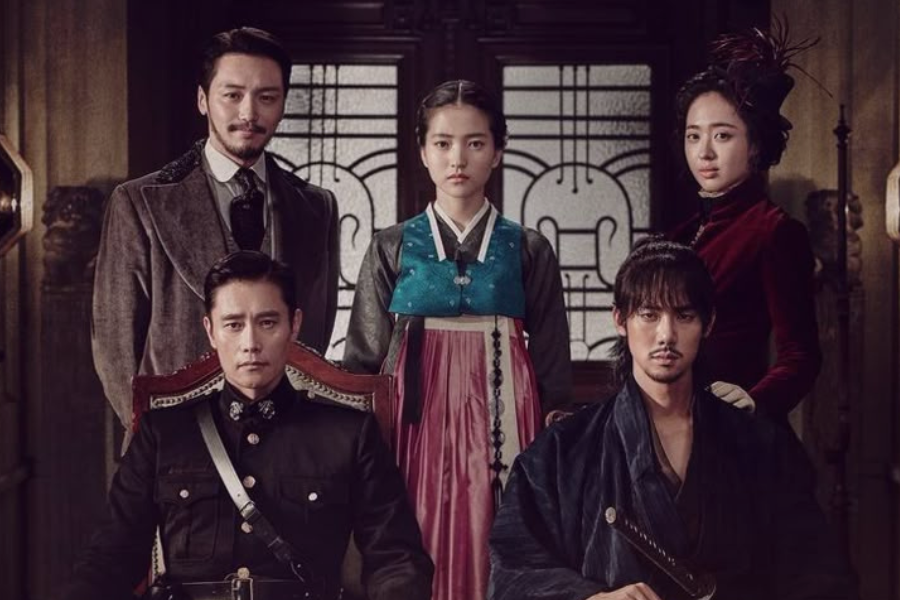
Mr Sunshine is currently the third highest-rated series in Korean television history with a budget of around 40 billion won. The series was set in the early 1900s before the Japanese occupation of Korea. This led to a number of protests and clamor for canceling the series as real historical events were depicted.
The play was highly criticized for portraying Joseon’s culture inaccurately and justifying the Japanese occupation. However, the producers of the series defended the storyline with the “it’s fiction” statement, and Mr Sunshine became a local and international sensation.
With one of the highest movie budgets in K-drama history, Mr. Sunshine faced doubts about whether it could recoup its costs. Additionally, its sensitive historical themes sparked debates in Korea. Nevertheless, the drama was both critically and commercially successful.
Descendants of the Sun
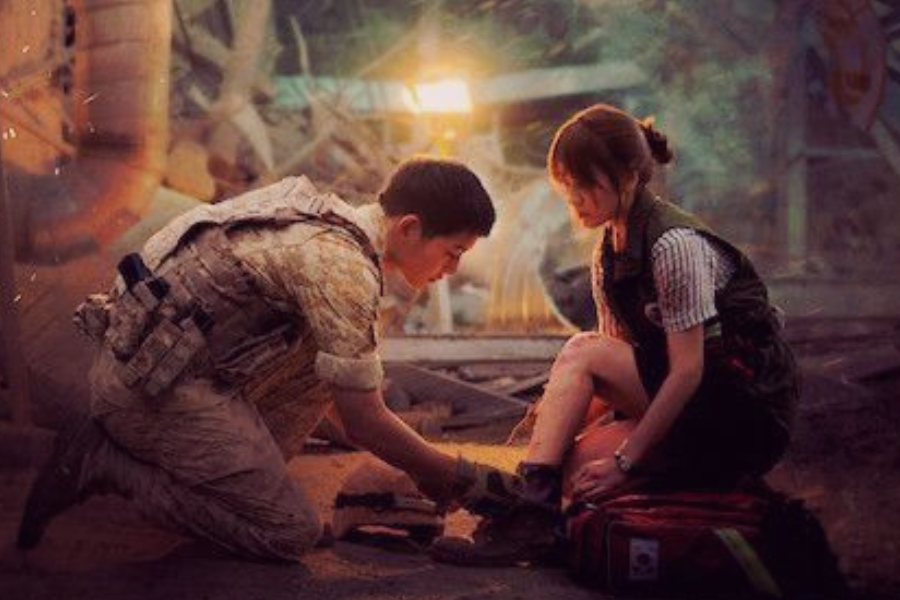
This was one of the major hits in 2016 and forever remains a fan favorite. I mean, what’s not to like? Hot men in military uniform, action, espionage, love with hot men in military uniform who do lots of action and espionage, and let’s not forget the male fangirling of girl groups.
Descendants of the Sun almost didn’t make it to the airways and it even got passed around from SBS to KBS because of the doubts that it won’t get good viewership.
Another reason it got investors scared was the fact that it was a full pre-production series, meaning, all episodes were shot and ready for broadcast before the first episode aired. This method is not popular for Korean series because the audience approval rates are often examined before releasing more episodes to determine if the series should be extended, reduced or canceled and this helps the investors save money, unlike the latter where these privileges aren’t possible.
The massive success of the drama proved skeptics wrong, and it became one of the most influential K-dramas of all time.
It’s amazing that we were so close to missing out on these classics but it shows that the road to a great K-drama series is not always smooth but faced with lots of drama that will make a great K-drama. It’s a comical paradox, isn’t it?
Which nearly-missed K-drama are you most grateful for?
Tags:
Tolulope Ayileka
Tioluwa is a lover of all things good story telling and adventure, so it's no surprise she's officially hooked to all things Korean. She believes learning and having fun is synonymous and prides herself a K-drama guru. From Korean lifestyle to history, she's all over it like sauce on kimchi.
0 Comment(s)
Related Posts
Daily Newsletter
Get all the top stories from Blogs to keep track.


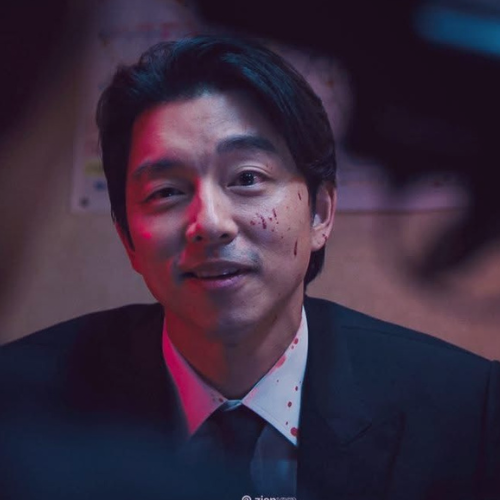


Leave a comment